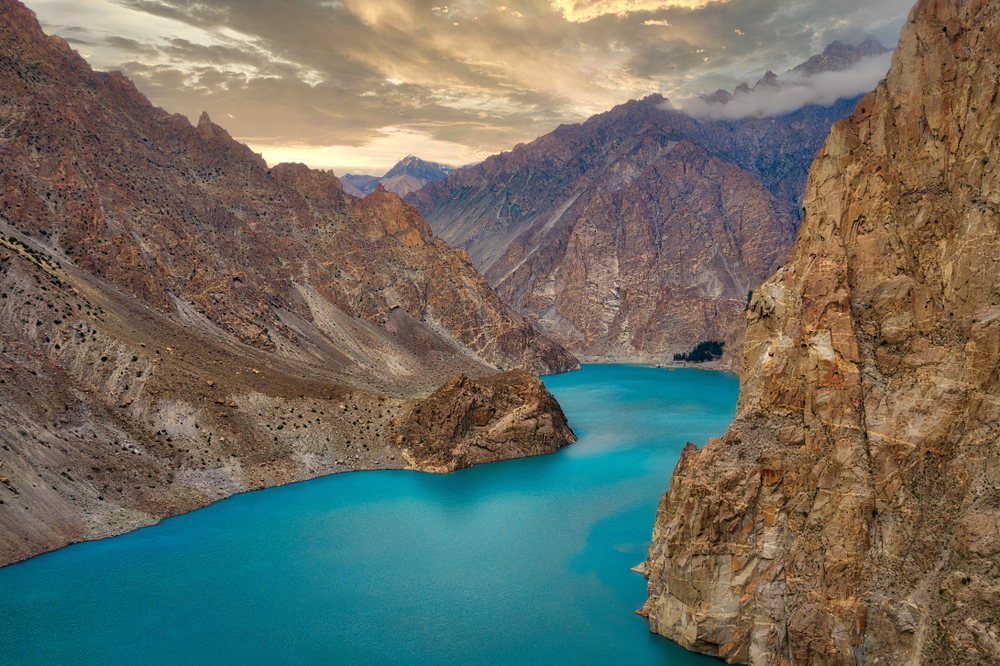Tourism in Pakistan – Pakistan is a country of immense natural beauty and diverse landscapes, ranging from majestic mountains to lush green valleys and serene beaches. With such a rich natural heritage, it’s no surprise that eco-tourism is an emerging trend in Pakistan. Eco-tourism, as the name suggests, refers to responsible travel to natural areas that conserves the environment and improves the well-being of local people. In this blog, we will explore the scope of eco-tourism in Pakistan.
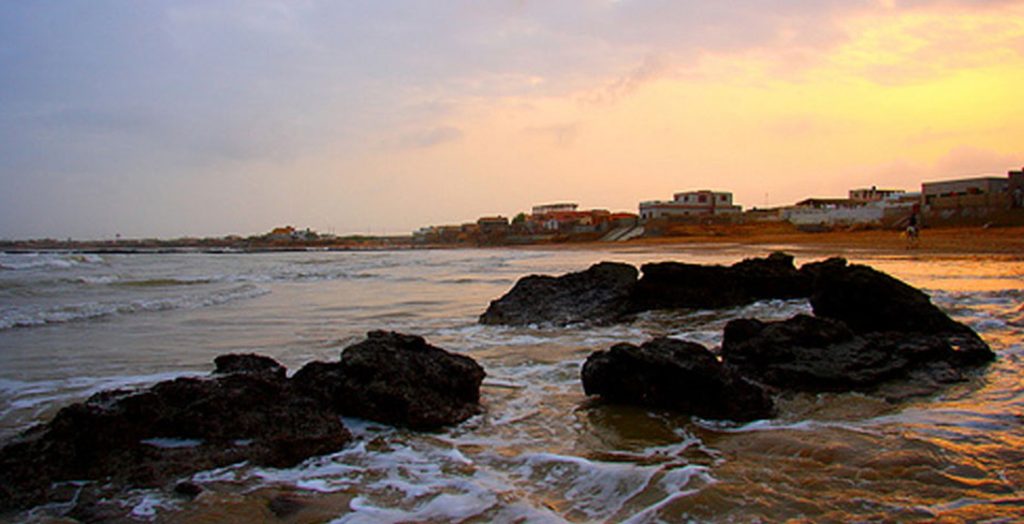
Pakistan is home to several natural wonders, including the world-famous Karakoram mountain range, which includes K2, the second-highest peak in the world. The northern areas of Pakistan are also home to several other high peaks, such as Nanga Parbat, Gasherbrum I and II, and Broad Peak, making it a mecca for adventure tourism.

Moreover, the region is rich in flora and fauna, with several wildlife reserves, national parks, and game sanctuaries, including Deosai National Park, Khunjerab National Park, and Chitral Gol National Park.
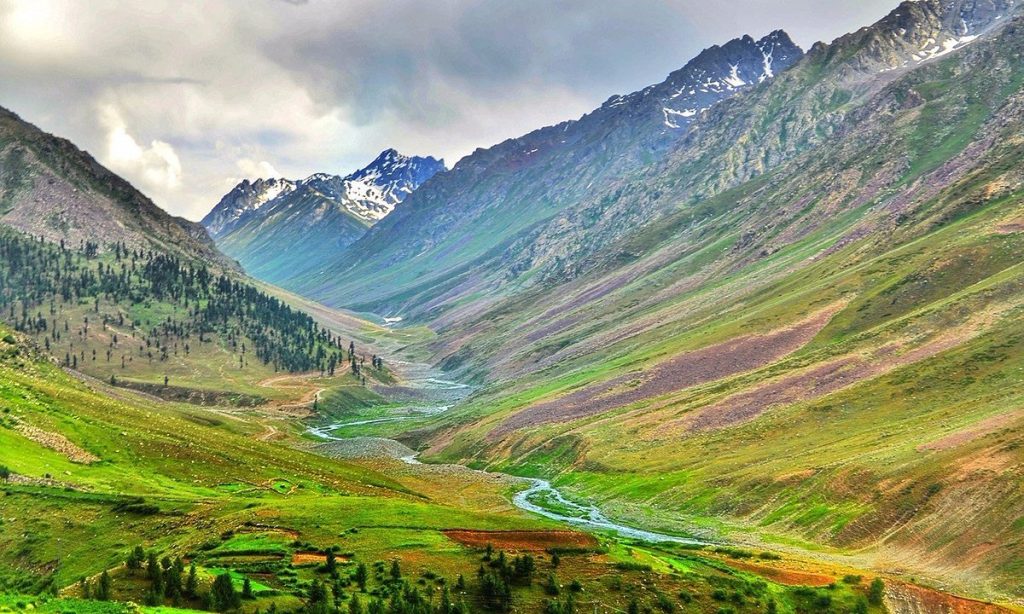
Apart from the northern areas, Pakistan also boasts a diverse range of landscapes in other parts of the country, including the Thar Desert, the Indus River Delta, and the coastal areas of Sindh and Balochistan. These regions are home to unique flora and fauna, such as the rare Indus River Dolphin and various species of migratory birds.
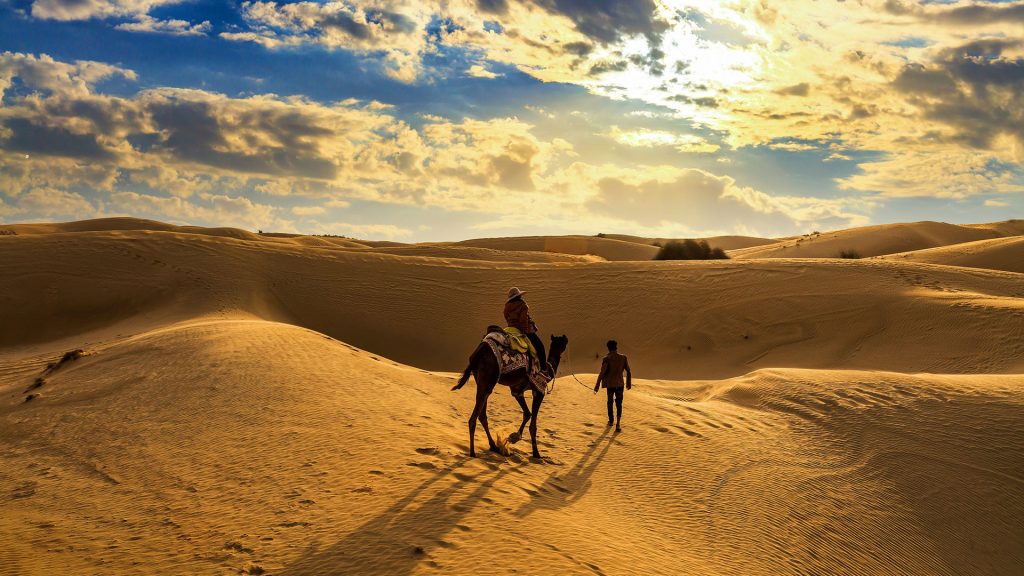
In recent years, the Pakistani government and various private organizations have been promoting eco-tourism in the country. The aim is to not only promote tourism but also to conserve the environment and improve the livelihoods of local communities. Several eco-friendly resorts, guesthouses, and camping sites have been set up in various parts of the country to cater to eco-tourists.
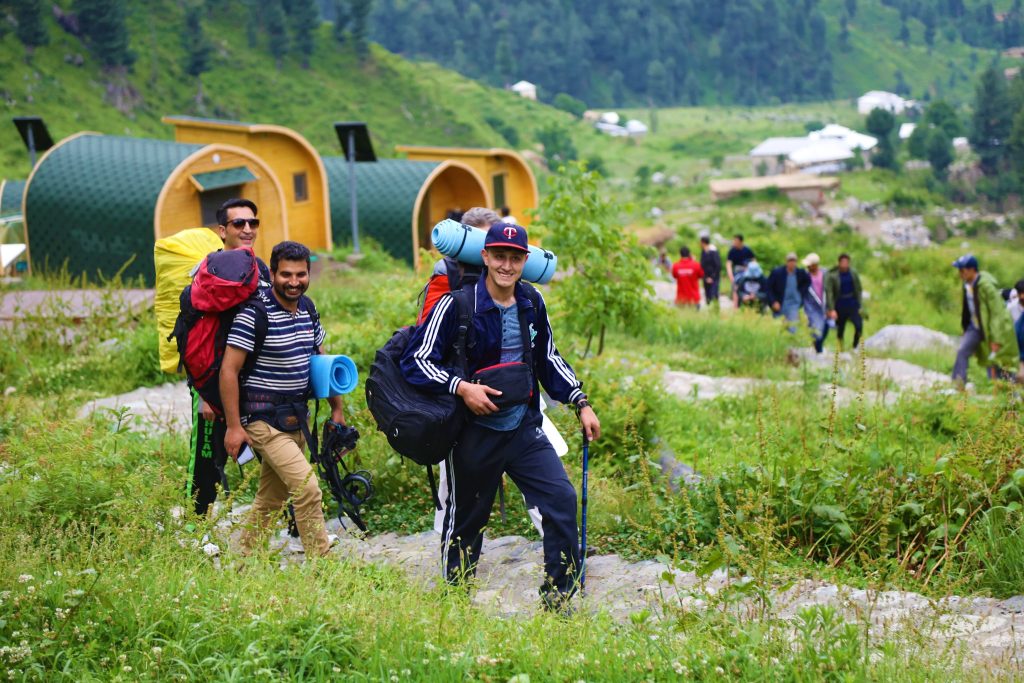
The scope of eco-tourism in Pakistan is vast. The country has several untapped tourism destinations, such as the Cholistan Desert, the Makran Coastal Highway, and the Neelum Valley. With proper infrastructure development and marketing, these regions can attract a significant number of eco-tourists.
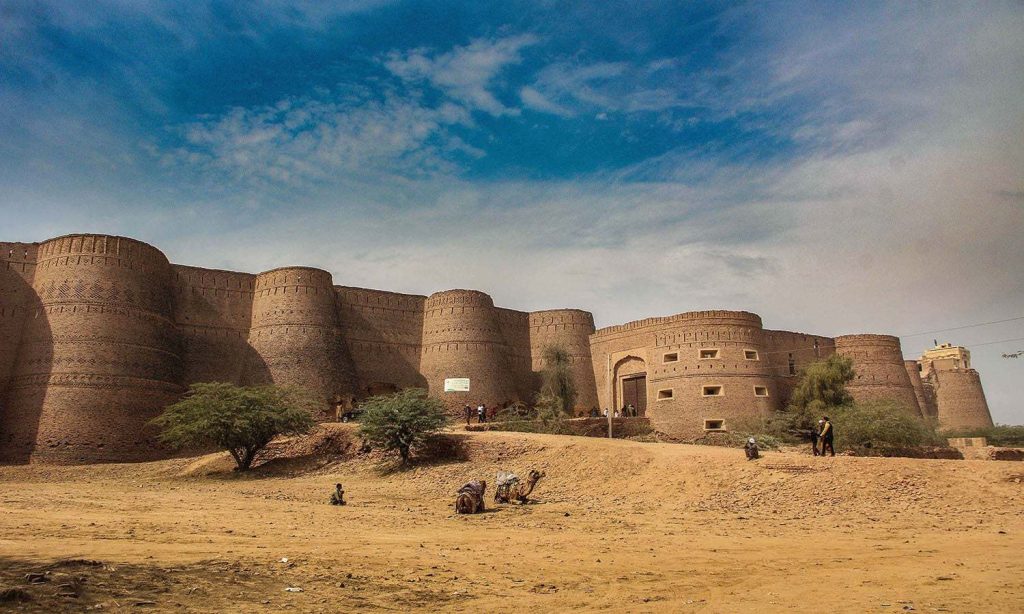
Moreover, eco-tourism can provide a significant source of income to local communities. By involving local communities in tourism activities, eco-tourism can help create jobs, promote traditional crafts, and improve the standard of living. For instance, in the northern areas, several local communities have set up home-stays and offered guided tours to tourists, providing them with an opportunity to experience the local culture and lifestyle.
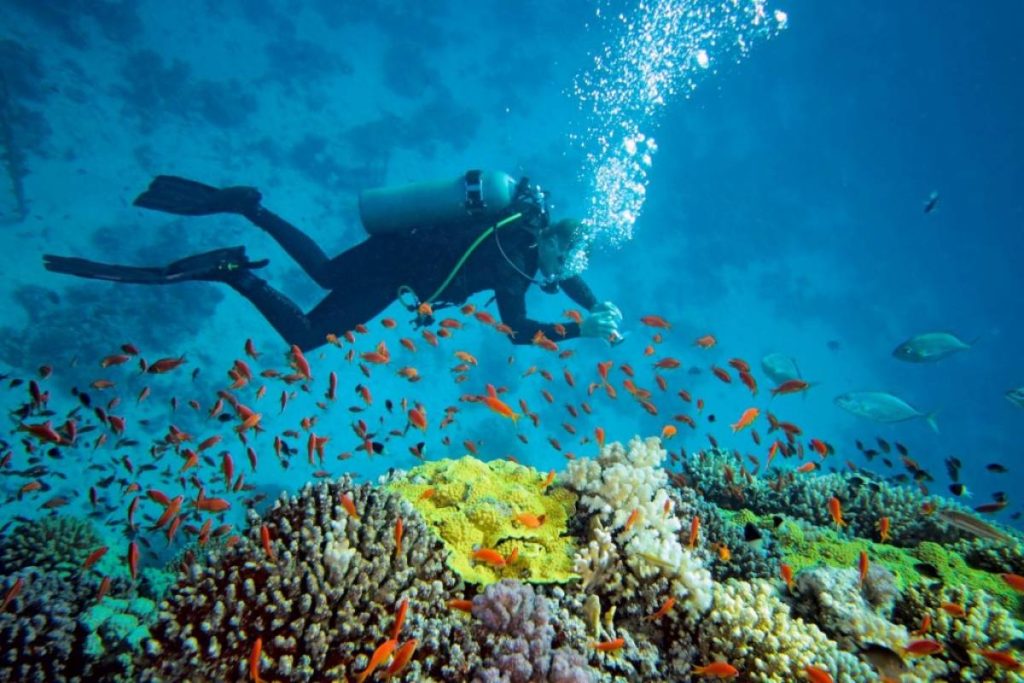
However, eco-tourism also poses some challenges. One of the significant challenges is ensuring the sustainability of tourism activities.
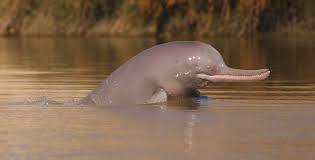
Eco-tourism can have a negative impact on the environment if not managed properly. It is essential to have strict regulations in place to prevent activities such as hunting, poaching, and littering.

Another challenge is promoting eco-tourism to a wider audience. Eco-tourism is still a relatively new concept in Pakistan, and many people are not aware of its benefits. It is crucial to create awareness among the masses and promote eco-tourism as a responsible and sustainable way of tourism.

In conclusion, Pakistan has immense potential for eco-tourism. The country’s diverse landscapes, unique flora and fauna, and rich cultural heritage provide a wealth of opportunities for eco-tourism. However, the government and private organizations must ensure the sustainable development of eco-tourism activities to prevent negative impacts on the environment and local communities.

With proper infrastructure development, marketing, and awareness campaigns, eco-tourism can become a significant source of income and a tool for conserving the environment and promoting sustainable development in Pakistan.
Follow us on Social-media

